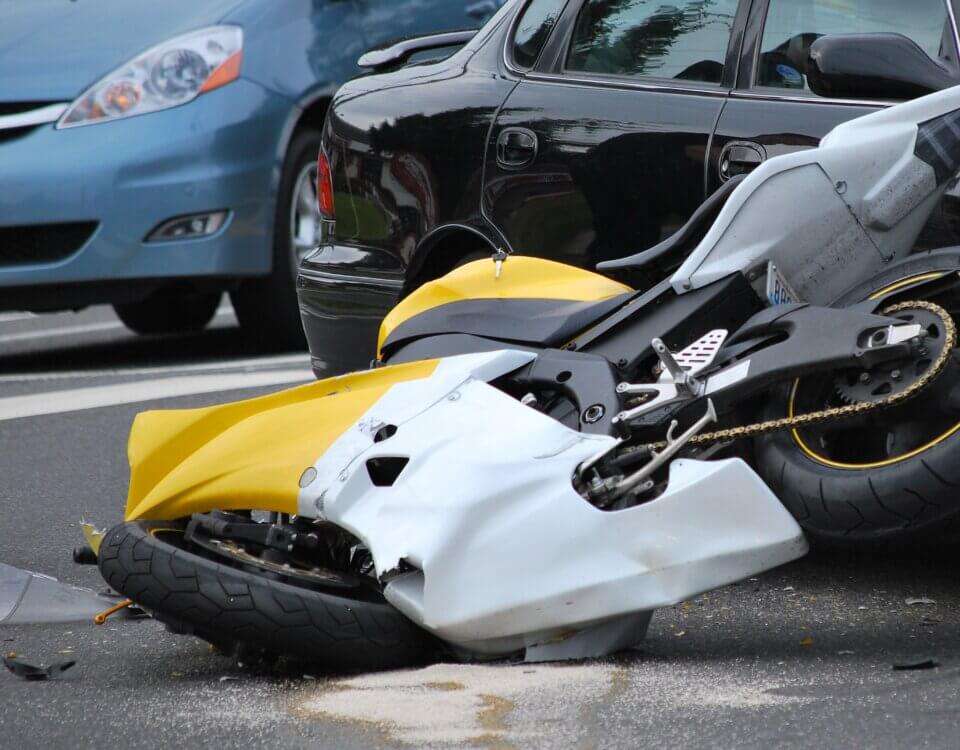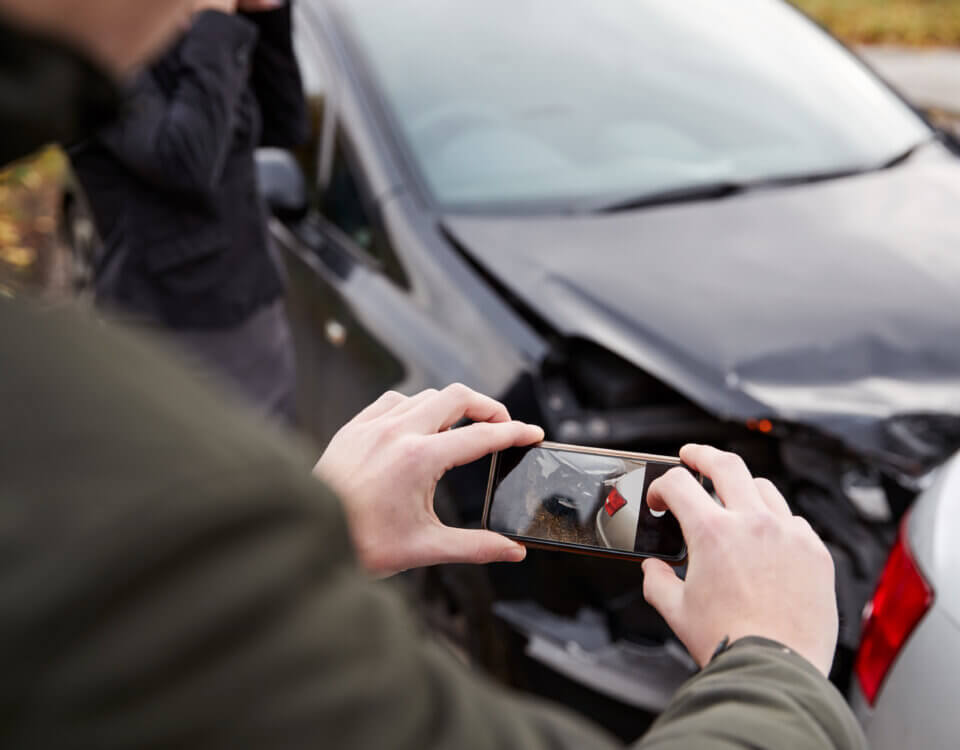Not all personal injury trials end with the outcome you deserve. If you’ve taken your case to court and received an unfavorable verdict, you may still have legal options. One of those options is to file an appeal.
At Hillstone Law, we guide injured victims through every stage of litigation including post-trial motions and appeals. Here’s what you need to know if you’re considering appealing a personal injury judgment in California.
What Is a Personal Injury Appeal?
An appeal is a legal process where you ask a higher court to review the decision made by the trial court. You’re not retrying the case you’re arguing that legal or procedural mistakes affected the outcome and that the judgment should be reversed or modified.
You may also have the option to request a new trial in the same court if certain circumstances apply.
Grounds for Filing an Appeal or Requesting a New Trial
You can’t file an appeal simply because you’re unhappy with the verdict. You must show that legal errors occurred during the trial that may have affected the outcome. Valid reasons for appealing or requesting a new trial include:
- Jury misconduct or bias
- Improper exclusion or inclusion of evidence
- Incorrect jury instructions
- Denial of the right to call key witnesses or experts
- Newly discovered evidence that could significantly impact the case
- Procedural errors or violations of your right to a fair trial
To appeal, you typically have 30 days from the date the judgment is entered. To request a new trial, you usually have 10 days following the verdict.
The Appeals Process in California Personal Injury Cases
Here’s what happens during the appeals process:
- Notice of Appeal: You must file a formal notice with the court within the deadline.
- Record Preparation: A complete record of the trial (including transcripts, evidence, and motions) is compiled.
- Appellate Briefs: Both sides submit written arguments. Your attorney will explain what went wrong and why the verdict should be reversed.
- Oral Argument: In some cases, both parties appear before the appellate judges to argue their positions.
- Decision: The appellate court issues a written decision either affirming the trial verdict, reversing it, or sending the case back for a new trial.
Possible Outcomes of a Personal Injury Appeal
Your appeal can lead to different results:
- The verdict is upheld – The original decision stands.
- The verdict is reversed – The trial court’s decision is overturned entirely.
- A new trial is ordered – The case is sent back to the lower court for retrial.
- Damages are modified – The appellate court may reduce or increase the amount awarded.
Keep in mind that courts generally defer to the trial court unless there is a clear and impactful legal error.
What Does the Appellate Court Consider?
The appellate court reviews:
- Whether the trial court abused its discretion or authority
- Whether any legal errors had a substantial impact on the verdict
- Whether the outcome might have changed had the error not occurred
If an error is deemed harmless, the court will likely leave the original judgment in place. But if the error was prejudicial meaning it likely affected the verdict you have a much stronger chance of success.
Can You List Multiple Reasons for Appeal?
Yes. In California, you are allowed and often encouraged to raise multiple grounds for appeal. This is called “arguing in the alternative.” For example, you might claim that:
- The jury was misinformed due to improper instructions
- Your expert witness was wrongly excluded
- The judge made biased or improper rulings on key evidence
The more valid points you raise, the better your chances of having one succeed.
Why Having the Right Attorney Matters
Appeals require deep knowledge of legal procedure, deadlines, and persuasive writing. At Hillstone Law, our experienced personal injury attorneys:
- Review your case to determine whether an appeal is worth pursuing
- Identify any legal or procedural errors during trial
- Prepare and file all required appellate documents
- Argue your case before the appellate court when necessary
- Work to secure a better outcome either a new trial or a revised award
Missing a single deadline or document can jeopardize your right to appeal. We ensure everything is handled correctly from start to finish.
Thinking About Appealing a Personal Injury Judgment? Contact Hillstone Law Today.
If you believe your personal injury trial was mishandled or unfair, don’t give up hope. The appeals process may be your opportunity to get the justice and compensation you deserve. Let our legal team review your case and guide you through every step.






